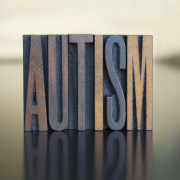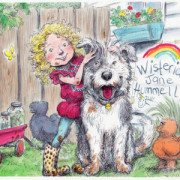Autism and Social Inclusion
Autism and all its spectrum “sister” disorders are so incredibly interesting and individualized. Through my studies, and personal interactions, I have found the topic of social isolation to be one of the top complaints among those who are on the autism spectrum. We, as human beings, are such social creatures. We thrive when conversing about mutual interests and spending time with individuals who hold fast to similar value systems.
Those on the spectrum often times struggle to express the less tangible aspects of their lives. Emotions tend to be a difficult topic to discuss when dealing with someone on the spectrum. Hard facts and scientific evidence dominate conversations with individuals on the autism spectrum. It is hard for these kids to relate on an emotional level. And this social chasm creates hurdles in interactions with their neuro-typical peers.
There are some amazing programs out there that are closing the social gap between neuro-typical kids and those on the spectrum. These inclusion programs create a bridge between children who might not connect under other circumstances. It’s important for children on the spectrum to feel safe and understood. They need to know that their peers are not judging the differences, but instead looking for similarities and common ground to build a relationship on.
I applaud the teachers who are taking the time and putting forth the emotional energy required to facilitate these programs. Both the individuals on the spectrum and those who are not will benefit from learning to interact and making connections with each other.






Leave a Reply
Want to join the discussion?Feel free to contribute!